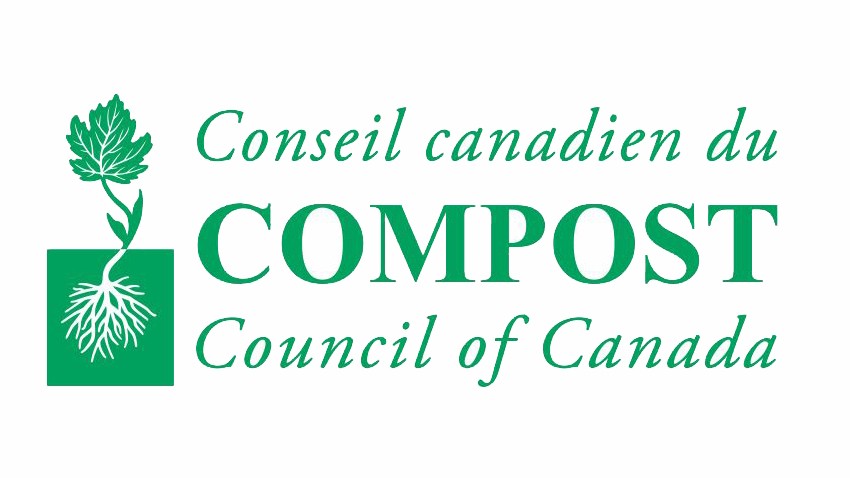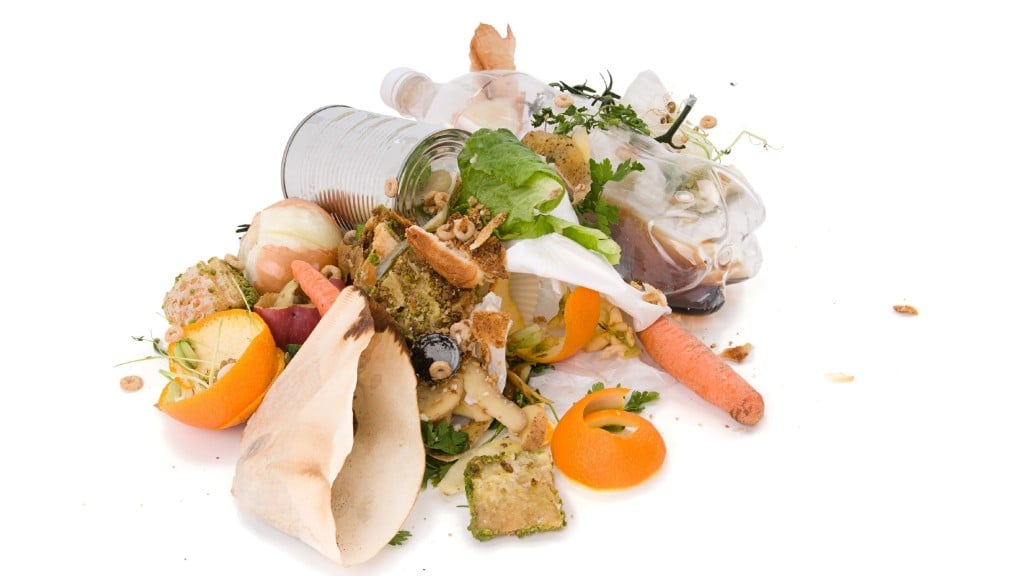Composting gets to the roots of the matter by storing carbon and boosting soil health
May 2-8 is International Compost Awareness Week

Adding one 25-litre bag of compost to soil offsets the greenhouse gas emissions of 30 kilometres of gas-powered vehicle driving. Plus, it helps soils grow more nutrient-dense crops. For households, by placing kitchen scraps and garden trimmings in a green bin or home composter - instead of sending them for burial in landfills - you can help fight climate change. This simple action also helps farmers and gardeners grow more nutrient-dense crops and provides a host of other positive environmental and economic benefits that stay right here in Canada.
This week is International Compost Awareness Week (ICAW), an event first started in Canada in 1995 and now celebrated in countries around the world. This annual celebration helps to showcase the importance of recycling organics and returning organic matter to our soils, as Nature has always intended.
"A focused attention on organics recycling and compost use can effectively deliver a myriad of benefits. To-date, Canada has achieved approximately one-third of this annual potential," said Susan Antler, executive director, The Compost Council of Canada.
"The carbon sequestration alone, of what we have accomplished so far, is offsetting the greenhouse gas impact of about one billion kilometres of gas-powered car driving annually! It is important to note that this is mostly voluntary work by citizens, done through municipal and private sector composting initiatives. By participating in compost programs, and by using compost to store carbon in gardens, lawns and on agricultural soil, we are helping to put the brakes on climate change."
Added to this are the proven improvements compost makes to our soil's health, structure and vitality. This healthier soil delivers excellent water conservation and quality enhancements, improved food security and more nutrient-dense food.
"It's a pretty amazing package of natural and economic benefits there for the taking year-upon-year," added Larry Conrad, National Chair, The Compost Council of Canada. "It's time that every business and community come to terms with the fact that organic residuals are not waste but a vital resource. They need to be recycled. It's time for more to be done, sooner and faster, to allow compost to deliver its full potential."
This is important work that needs more support. Important needs include: stronger near-term diversion goals; resolving government and regulatory policy uncertainties; quickly improving the rules for compostable standards and their oversight monitoring in order to reduce contamination; and establishing policy support for large-scale compost use.
Key facts regarding organics recycling and compost use include:
- The use of landfill space and incineration can be reduced by at least one-third when organics are recycled. Focused attention on recycling organic residuals is key to achieving high waste diversion rates.
- Methane, a greenhouse gas twenty-five times as powerful as carbon dioxide, can be significantly reduced through the elimination of organics being landfilled.
- Soil health and productivity is dependent on organic matter - the essence of compost -- to provide the sustenance for the biological diversity in the soil. Plants depend on this soil life to convert organic matter into plant-available nutrients and to keep the soil well-aerated. Additional benefits include the reduced need for pesticide usage to ward off soil-borne and other plant diseases.
- Compost offers a significant answer to climate change mitigation. Compost's return to the soil serves as a "carbon bank," helping to store carbon, thereby removing it from the atmosphere.
- Compost is a huge benefit for both water conservation and quality. When used in water quality projects, compost binds pollutants to the organic matter and prevents them from entering our lakes, wetlands, streams and rivers. Soil erosion is mitigated, and water-holding capacity improved, through compost's enhancement of soil structure, binding soil particles together. Reports have shown that for every 1% of organic matter content, the soil can hold around 75,000 litres of plant-available water.
This article was provided by the Compost Council of Canada.



